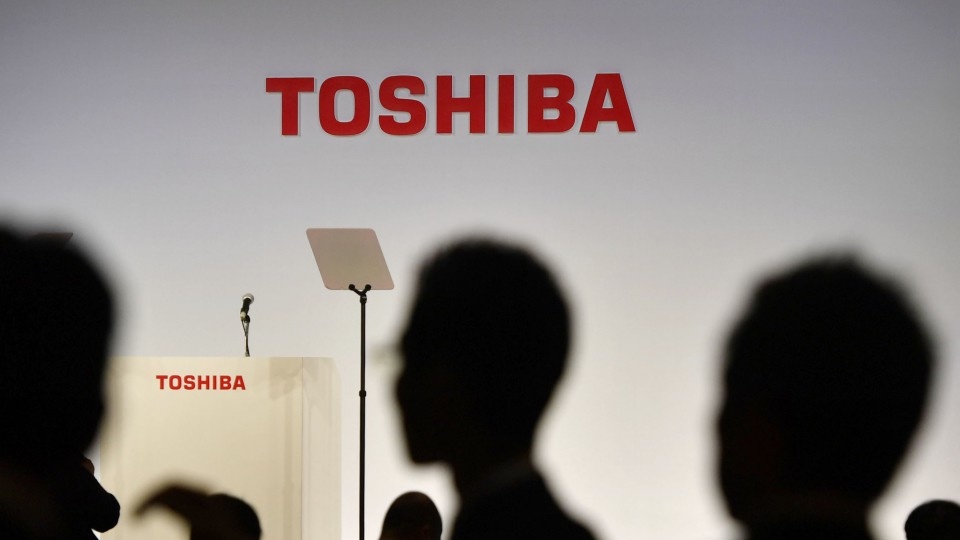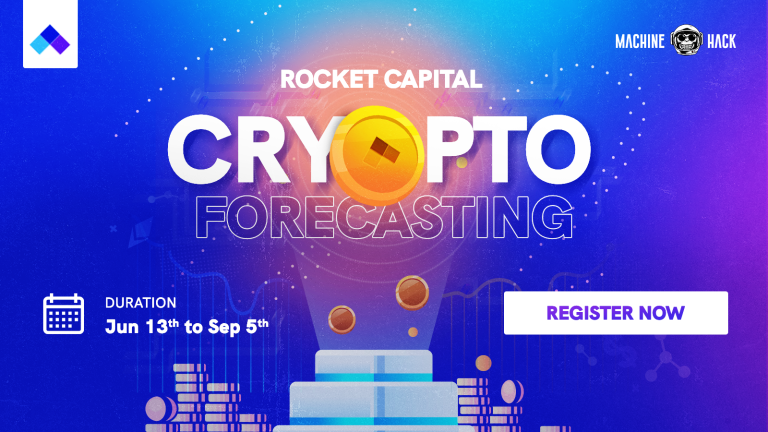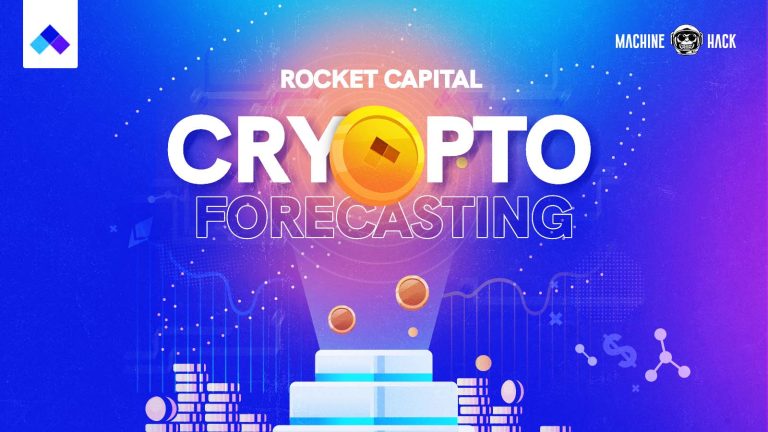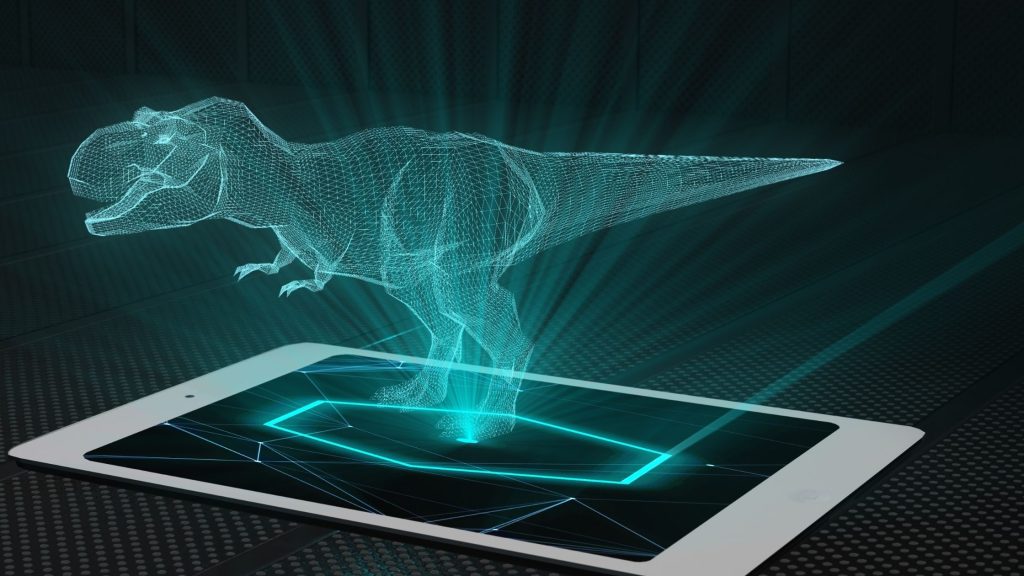Having given up the nuclear project in the US, the Japanese multinational conglomerate reported an operating profit for fiscal 2019, which tripled in the year to 130.5 billion yen. At the same time, the group has dropped some core operations, including the memory chip business and emphasised back to its core strength of industrial applications using state-of-the-art technology research and development.
AI and quantum cryptography seem to be the main highlight as it is aiming to spend about 34 billion yen ($321 million) on a new R&D unit in Japan. As part of this new building complex, a part of the present R&D centre in Kawasaki, near Tokyo will be renovated for the first time after, since its inception sixty years ago.
The new unit aims to accommodate 3000 staff members who will work on various AI projects and quantum cryptography to find business applications. The construction will commence in January 2022 as per a Nikkei report and will be inaugurated in 2023. The new facility will consolidate existing projects and functions as a centre for innovation in AI.
Quantum Cryptographic Communications
Toshiba Corporation is the key member of a joint project of 12 Japanese organisations which aims to advance Japan’s quantum cryptography communication technology to the highest level globally. The project has a planned budget of 1.44 billion yen ($13 million), and Toshiba will be leading the research.
The project, commissioned and supported by Japan’s Ministry of Internal Affairs and Communications (MIC), will soon begin research and development of a Global Quantum Cryptography Communications Network. The partner ecosystem is expected to develop the quantum cryptographic communication technology for practical use over a large scale network consisting of 100 quantum cryptographic devices by the year 2024.
Toshiba has been working on cryptographic research for three decades, beginning in 1991 when the company built a research laboratory at Cambridge in the United Kingdom. The company has achieved feats such world’s first quantum cryptography communication at one-month-average key distribution speeds, exceeding 10 Mbps over installed optical fibre lines.
According to Toshiba, the company will develop on its recent effort to improve technologies that will enhance quantum key distribution rates by around three times. Along with that, the company is working on completing storage system security technologies that assure safe and secure maintenance and management of cryptographic key data in a distributed communication environment.
Quantum key distribution (QKD) is a cryptographic communications innovation that applies the principles of quantum mechanics to achieve completely secure communications that are almost impossible to intercept by any hackers. As a POC, the company became the first to digitally transmit complete Genome Sequence Data in a trial demonstration in Japan using quantum cryptography.
Also, Toshiba is now executing field tests with partner companies around the globe toward achieving practical use cases for the technology. It is also working to advance the integration of 5G and networking technology with quantum cryptography.
Toshiba’s AI Endeavours
Toshiba has been carrying extensive research for various AI applications. It began with the creation of the first OCR (optical character recognition) postal code reading and sorting device which the company built in 1967. Since then, it has explored areas such as image recognition, voice recognition, translation, speech synthesis, chatbots, etc. Toshiba is currently ranked third around the world and first in Japan for a cumulative number of AI-based patent applications.
Recently, Toshiba Digital Solutions Corporation launched its Distributed Co-Simulation Platform, which included model-based development for automakers and vehicle parts suppliers. The system, VenetDCP powers digital prototyping of automotive control systems and vehicular components using AI models in a simulated environment.
“The focus today is moving in the direction of fusion between the cyber and the physical. To address increasingly complex issues, we need to shift towards digital transformation. So, we need to take real-world data, analyse it in cyberspace, and utilise the results to generate new value in the real world,” said Hironobu Nishikori, Executive Officer & Corporate Senior Vice President, Toshiba Corporation recently.
Toshiba has begun an AI engineering training program in collaboration with the Graduate School of Information Science and Technology at the University of Tokyo. The program provides in-depth education on AI systems from classical machine learning to the state of the art advancements in deep learning. It also utilises Toshiba’s real-world big data, so that trainees acquire more practical skills in AI technologies. The company currently has over 700 AI engineers, but with the latest investment, the goal is to triple this number.
Focus On Cyber-Physical Systems
Toshiba aims to become a cyber-physical systems (CPS) company. One of Toshiba’s Cyber-Physical System (CPS) Technology projects is the Digital Twin-based Train Planning Project with UK train company Greater Anglia. Toshiba partnered to build a more effective train timetable and enhance customer convenience. It achieved this by developing the Digital Twin of the train and accurately reproducing a real-world train environment for the digital world by embedding it with an AI system. Then the company analysed and conducted simulations under various conditions to improve the operations.
Toshiba recently built “Lag-aware Multivariate Time-series Segmentation” (LAMTSS), an AI that enhances the accuracy of anomaly prediction/detection and motion analysis for infrastructure and manufacturing equipment. This technology automatically corrects time lag among multiple time-series datasets obtained from sensors installed in equipment or devices.
In another instance, Toshiba created a PC-based, high-speed, high accuracy image analysis artificial intelligence system which monitors crowds by analysing the number of people in camera images by leveraging its proprietary deep learning algorithm. On the consumer side, Toshiba is researching voice and language applications for the Japanese market.
The above developments suggest that Toshiba has set an ambitious plan for AI and cryptography projects, which are going to get a significant boost with the inflow of hundreds of millions of money into these sectors.


















































































